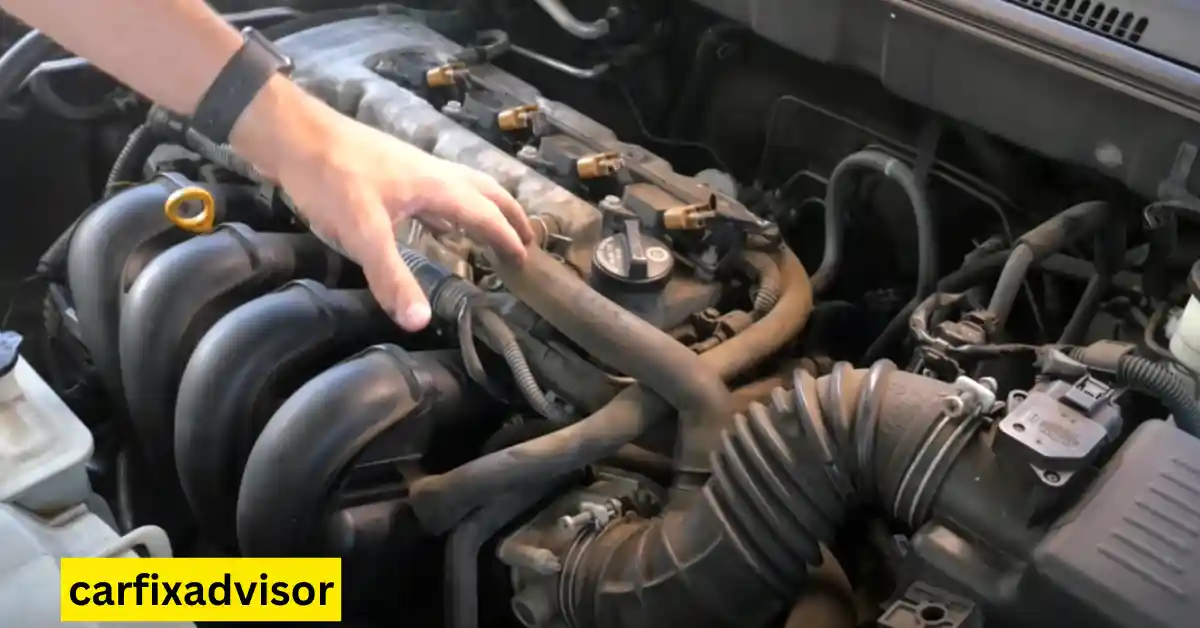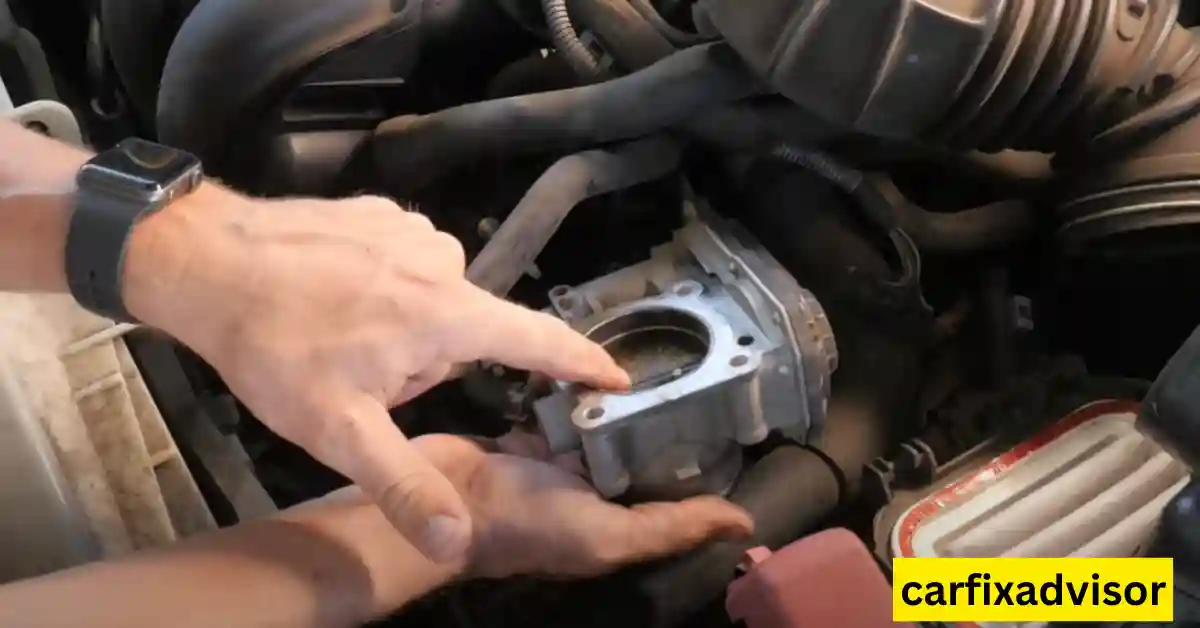Starting your car should be a smooth process. However, if your car shakes when starting then stops shortly after, it can be an unsettling experience. Whether you’re dealing with a persistent issue or an occasional inconvenience, understanding the possible causes behind this behavior can help you address the problem before it worsens.
In this article, we’ll explore why your car shakes when starting, why it might stall shortly after, and what you can do to fix the issue. We’ll also cover preventive measures to keep your car running smoothly and avoid future problems.
Understanding Car Shaking and Stalling
To begin, let’s define a few key terms:
Shaking: A car shake refers to vibrations or trembling that occur when starting the engine, typically felt through the steering wheel, seats, or floor.
Stalling: Car stalling is when the engine shuts off unexpectedly while idling or under load, such as during acceleration or when the car is put in gear.
Both shaking and stalling are often indicators that something isn’t functioning properly in your vehicle’s engine or related components. These symptoms may seem unrelated at first, but they usually stem from a common underlying issue.
Common Causes of Car Shaking When Starting Then Stopping
Now that we’ve defined the issue, let’s take a look at some of the most frequent reasons why your car shakes when starting and then stalls:
1. Faulty Spark Plugs or Ignition System Issues
The spark plugs are responsible for igniting the air-fuel mixture in the engine. If one or more spark plugs are faulty or worn out, it can lead to poor combustion, which may cause your car to shake when starting. This poor ignition can result in stalling shortly after the engine starts.
How It Affects the Car:
- Shaking during startup due to misfires
- Stalling once the engine struggles to maintain power
Solution:
- Inspect and replace the spark plugs if they are worn, dirty, or damaged.
- If the issue persists, check the ignition coils, spark plug wires, and ignition timing.
2. Dirty or Clogged Fuel Injectors
Fuel injectors are responsible for delivering fuel to the engine. If they become clogged or dirty, the fuel mixture will be improper, resulting in poor engine performance. This can cause your car to shake when starting and stall shortly after as the engine struggles to get enough fuel.
How It Affects the Car:
- Poor fuel delivery leading to rough engine idle and shaking
- Engine stalling due to lack of fuel flow
Solution:
- Clean the fuel injectors using a professional cleaning solution or have them cleaned by a mechanic.
- If cleaning doesn’t solve the problem, replacing the fuel injectors may be necessary.
3. Weak or Faulty Battery
A weak battery can lead to a car shaking when starting, as the engine doesn’t receive the proper amount of electrical power to start smoothly. If the battery doesn’t provide enough power, the engine may fail to start at all or stall shortly after. The shaking you feel might be the engine struggling to turn over.
How It Affects the Car:
- Insufficient electrical power to start the engine smoothly
- Engine may shut off if the battery cannot maintain the electrical demands
Solution:
- Test the battery using a voltmeter to check if it’s holding a charge.
- If the battery is old or weak, replace it to ensure reliable starting and avoid stalling issues.
4. Dirty Air Filter or Intake System Blockage
A clogged air filter or blockage in the intake system can restrict airflow to the engine. This leads to an imbalanced air-fuel ratio, which can cause rough idling and stalling. When the engine doesn’t receive enough air, it can result in shaking when starting.
How It Affects the Car:
- Reduced engine power due to insufficient airflow
- Shaking at startup and possible stalling once the engine struggles to run
Solution:
- Regularly check and replace the air filter every 12,000 to 15,000 miles (or more often if you drive in dusty conditions).
- Inspect the intake system for blockages and clean the air intake if necessary.
5. Fuel Pump Problems
The fuel pump is responsible for sending fuel from the tank to the engine. If the fuel pump is malfunctioning or failing, it may not provide the correct fuel pressure needed to start the engine properly. This can lead to engine shaking and stalling once the engine is started.
How It Affects the Car:
- Insufficient fuel pressure during startup, leading to shaking
- Engine stalling as the fuel pump cannot maintain adequate fuel supply
Solution:
- Test the fuel pump to ensure it is functioning properly.
- If the pump is failing, replace it to restore proper fuel pressure.
6. Vacuum Leaks
A vacuum leak occurs when there is an unintended gap in the engine’s vacuum lines. These leaks can affect the air-fuel mixture, causing the engine to run lean or rich, which can lead to shaking and stalling. A vacuum leak might be caused by cracked hoses or other issues in the vacuum system.
How It Affects the Car:
- Incorrect air-fuel mixture due to extra air entering the system
- Rough idle, shaking, and potential stalling when the engine can’t maintain stability
Solution:
- Inspect vacuum hoses and connections for leaks and replace damaged hoses.
- Use a vacuum leak detector or take the car to a mechanic for a more thorough inspection.
7. Idle Control Valve Issues
The idle air control valve (IACV) regulates the engine’s idle speed. If the IACV is clogged or faulty, the engine may have difficulty maintaining a stable idle when starting. This can result in shaking or stalling shortly after the engine starts.
How It Affects the Car:
- Improper idle speed, leading to shaking
- Stalling as the engine cannot maintain idle without proper air intake
Solution:
- Clean the IACV to remove any carbon buildup or debris.
- If cleaning doesn’t resolve the issue, replace the IACV with a new one.
8. Faulty Crankshaft or Camshaft Sensors
The crankshaft and camshaft position sensors provide critical information to the engine control unit (ECU) regarding the position of the engine’s moving parts. If these sensors are faulty, the ECU may not receive the correct data, leading to poor engine performance and potential stalling.
How It Affects the Car:
- The ECU cannot properly time fuel and ignition, leading to engine shakes and stalling
Solution:
- Test the crankshaft and camshaft sensors for faults.
- Replace the faulty sensors to restore proper engine timing and performance.
Conclusion
When your car shakes when starting and then stops, it’s a sign that something isn’t quite right under the hood. Common causes include issues with the ignition system, fuel delivery, the battery, or the intake system. By understanding these potential causes and addressing them early, you can avoid more severe problems and ensure that your car runs smoothly when you start it.
If you’re unsure about performing these checks or repairs yourself, it’s always best to consult a mechanic. Regular maintenance, such as changing spark plugs, air filters, and fuel filters, will help keep your vehicle running efficiently and reduce the likelihood of stalling in the future.


